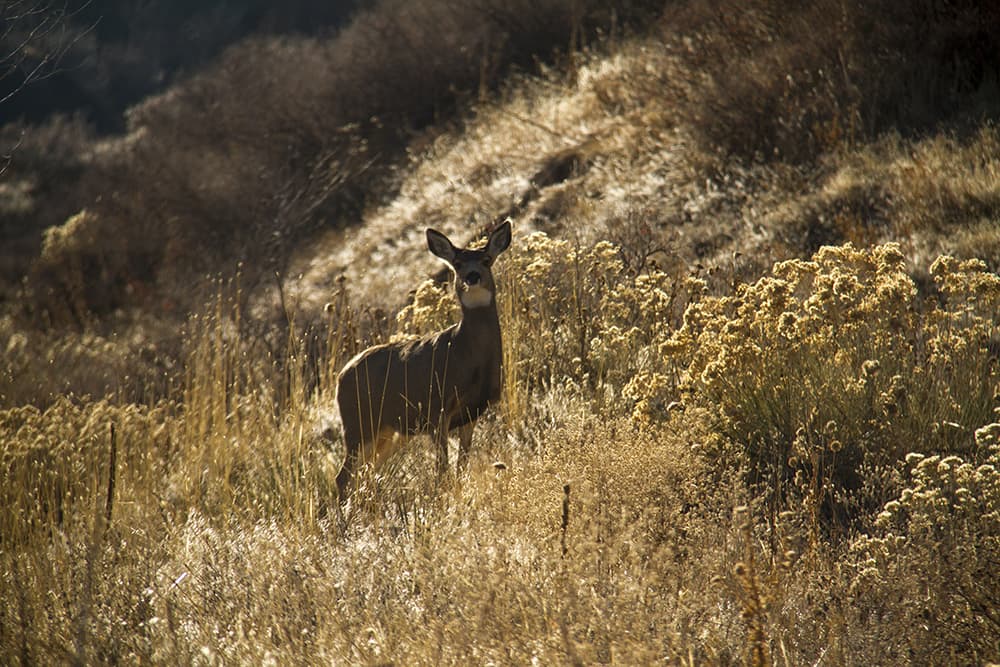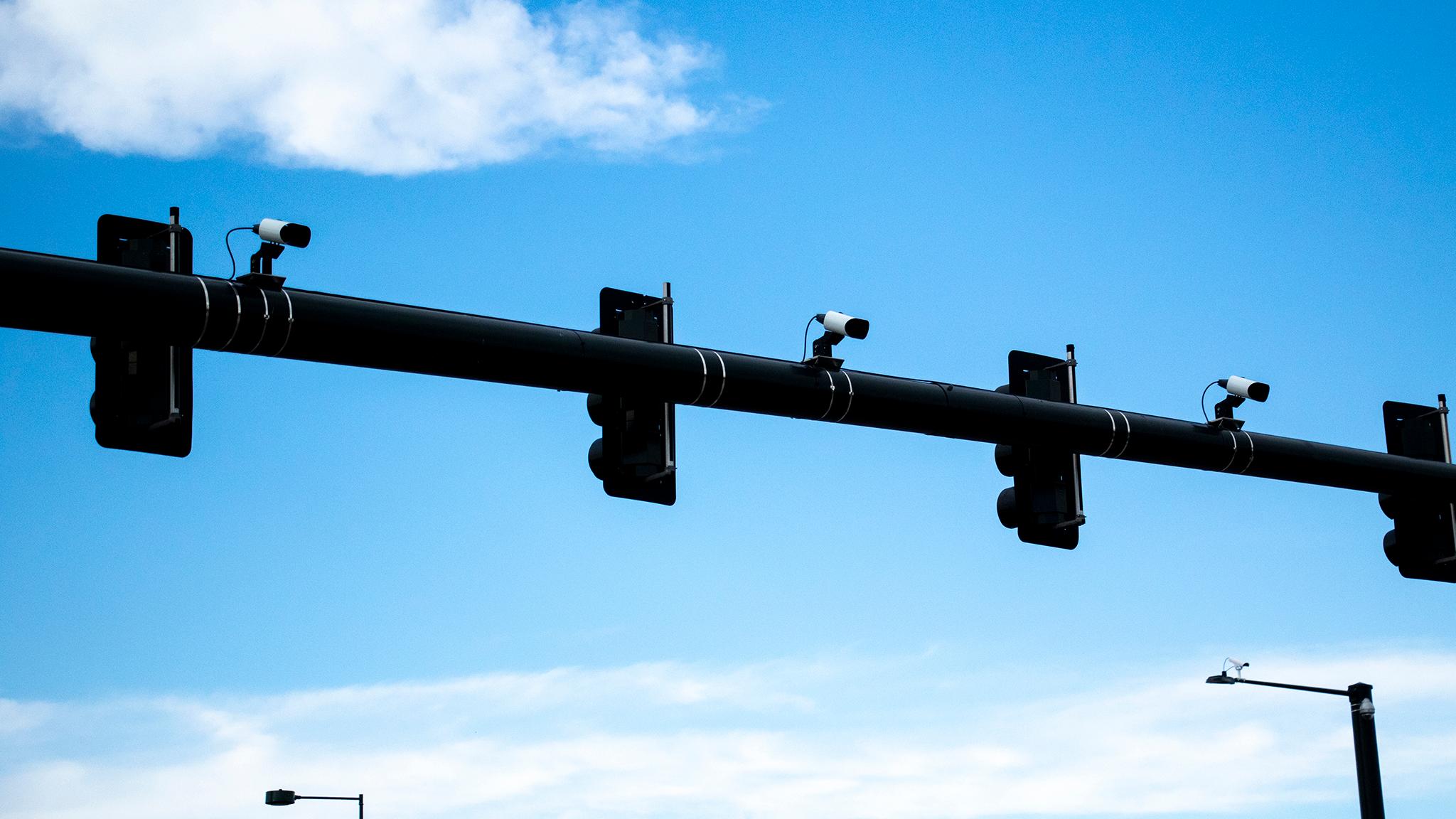
Contractors for the state of Colorado are set to kill up to 25 black bears and 15 mountain lions this May and June in an effort to grow mule deer populations. The hunt will happen near Rifle on the Western Slope and near Salida in southern Colorado.
The idea of killing predators has drawn protests from some environmentalists and conservationists. Today, two nonprofits sued the federal government, including the Department of Agriculture, in an effort to stop Colorado's plan.
The state describes the plan as an experiment meant to improve mule deer populations, which have fallen from 600,000 in the 1980s to about 408,000 in recent years. It may be repeated for several years, with predators left alone in some areas and killed in others to measure the impact.
WildEarth Guardians, based in New Mexico, has partnered with Arizona's Center for Biological Diversity as plaintiffs in the lawsuit. They allege that the feds wrongly approved the plan and that past predator-control campaigns have resulted in the killing of other animals, such as gray wolves.
"The State of Colorado admits that the use of predator damage management to augment ungulate species’ populations in Colorado is experimental," the complaint states, suggesting that the loss of habitat is the real cause of the deer decline. The state argues that a lack of habitat is not a limiting factor, citing "ongoing" Colorado Parks and Wildlife research.


As for the actual legal argument: The plaintiffs say that the federal agency should have required an environmental-impact assessment, which it did not. "Wildlife Services’ predator damage management program in Colorado adversely impacts unique and ecologically critical areas," it states. Those impacts could include changing predator-prey relations, they argue.
They also argue that the federal approval of the state program didn't incorporate good science or disclose opposing views.
“The best available science reveals loss of habitat from oil and gas development is the driving factor in mule deer decline, not predation from black bears and mountain lions," said Matthew Bishop, an attorney with the Western Environmental Law Center representing the organizations, in a written release.
WildEarth Guardians also has sued the state to stop the culling experiment, with no decision yet issued on a preliminary injunction, according to the Western Environmental Law Center.
The state's bear population is estimated to be between 17,000 and 20,000, while there may be 4,500 to 5,500 cougars. The hunting crews will use traps, snares and hounds to track down the animals before killing them with guns, according to the state.











